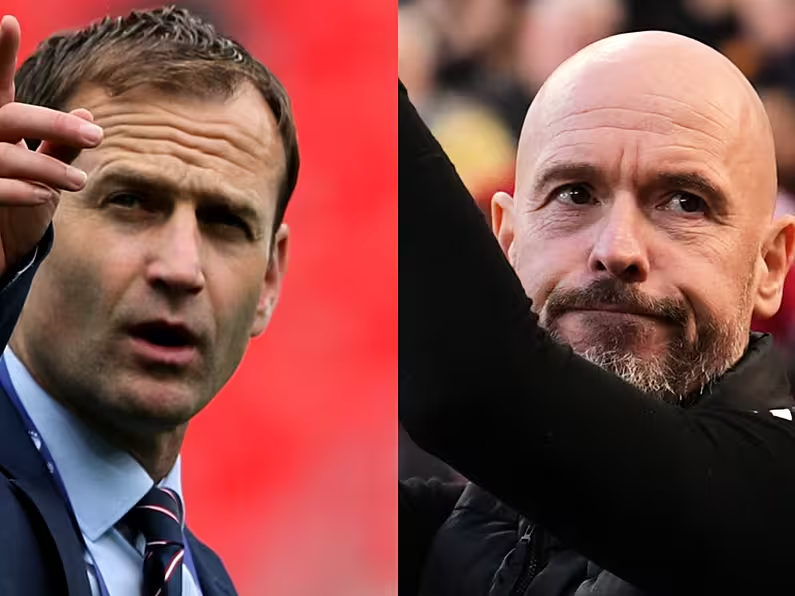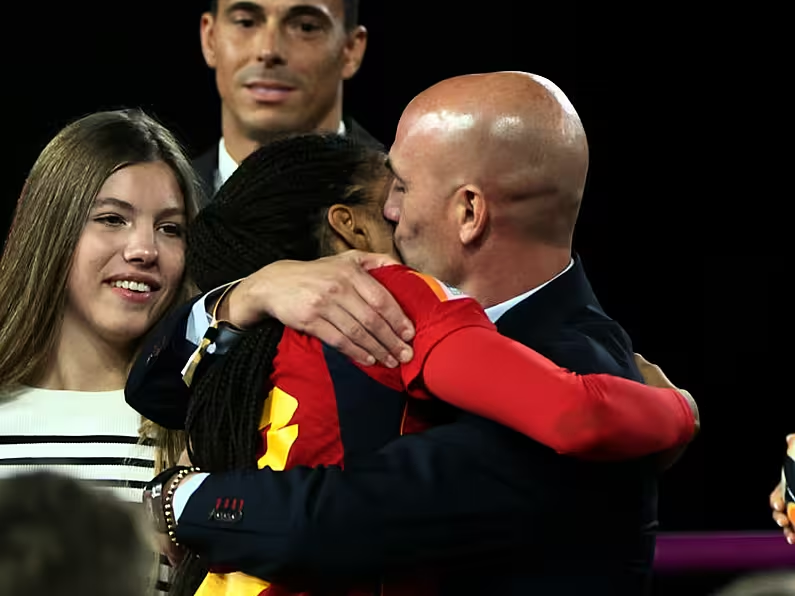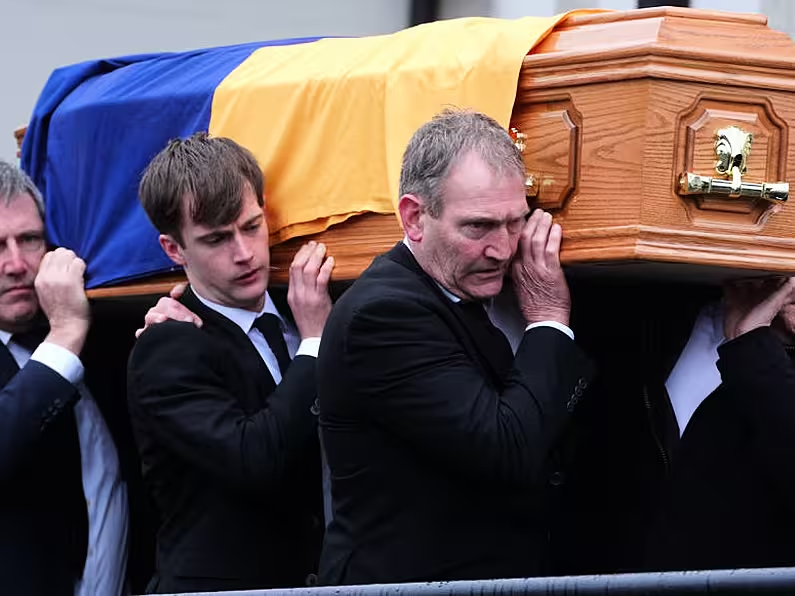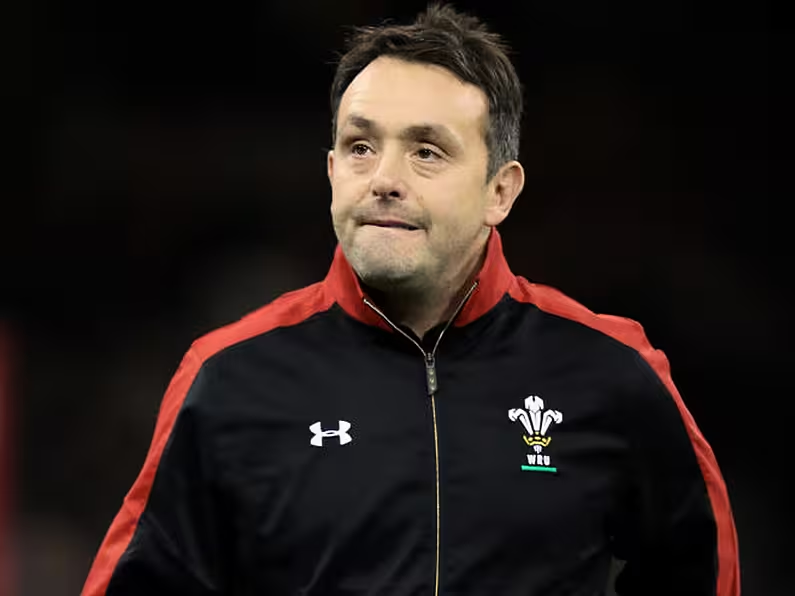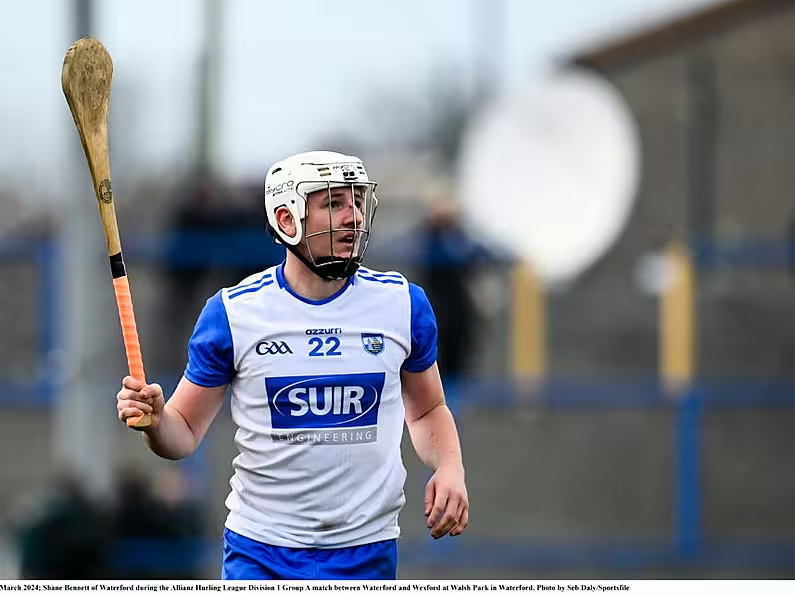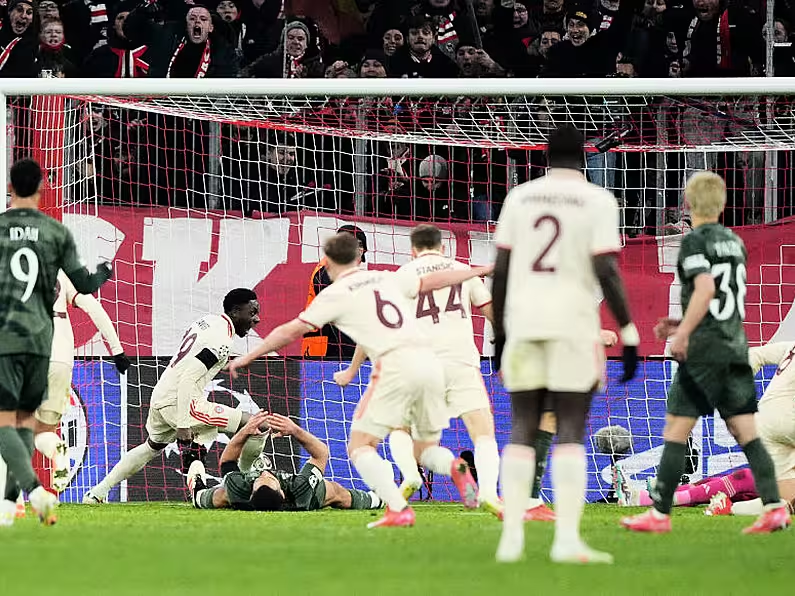By Simon Peach, PA Chief Football Writer
Manchester United paid a total of £14.5 million (€17.5 million) to sack manager Erik ten Hag, sporting director Dan Ashworth and other members of football staff, the club’s latest accounts show.
This has been a painful season for the Premier League club, with the 20-time league champions languishing a lowly 15th in the standings following Sunday’s 1-0 loss at Tottenham.
Ruben Amorim has failed to spark an upturn as successor to Ten Hag, who was sacked in October and just 116 days after United triggered a clause to extend his contract until 2026.
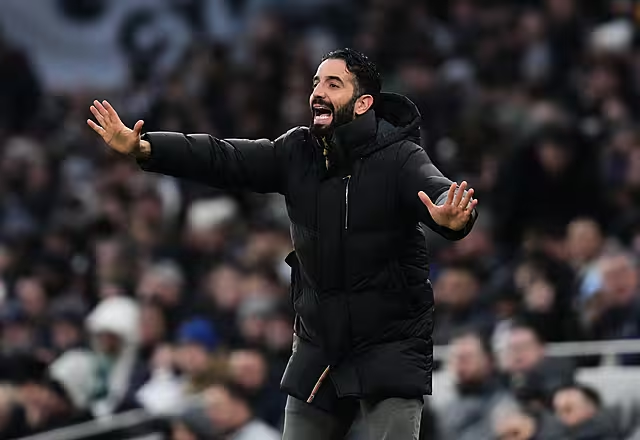
That costly decision by Ineos was compounded by the swift exit of Ashworth, who arrived from Newcastle on July 1st after prolonged negotiations only to leave on December 8th.
The financial impact of those decisions was confirmed in United’s results for the quarter ending December 31st under ‘exceptional items’.
“Exceptional items for the quarter were a cost of £14.5 million,” the corporate release from the club said.
“This relates to costs associated with the departure of former men’s first team manager Erik ten Hag and various members of football staff.”
United confirmed in their first quarter results that the pay off to Ten Hag and his staff was £10.4m, indicating Ashworth’s exit cost £4.1m.
Dan Ashworth will be leaving his role as Sporting Director of Manchester United by mutual agreement.#MUFC
— Manchester United (@ManUtd) December 8, 2024
Those decisions are among the most glaring errors made under Ineos as Sir Jim Ratcliffe prepares to bring up a year as co-owner on Thursday.
There have been some controversial, wide-ranging decisions during that time, with more redundancies on the way despite the club having already shed around 250 roles over the summer.
Ticket prices have also gone up as United seek to overcome financial constraints that have grown under the Glazers – issues that Amorim said on Friday that the first team cannot shy away from.
The latest financial results show United made a loss of £27.7m over the quarter ending December 31st, compounding on-field matters that chief executive Omar Berrada acknowledged in Wednesday’s corporate release.
“We recognise the challenges in improving our men’s team’s league position and we are all working hard, collectively, to achieve that,” he said in a statement.
“At the same time, we are pleased to have progressed to the knockout phase of the Europa League and the fifth round of the FA Cup.
“Meanwhile, our women’s team are currently placed second in the Women’s Super League, and have reached the quarter-finals of the FA Cup.
“Our redevelopment of the Carrington Training Complex remains on track. We continue to work towards a decision on the future of Old Trafford as part of a wider regeneration programme, which has now attracted UK Government support.
“This follows the work of the Old Trafford Regeneration Task Force in demonstrating the significant economic potential of a revitalised area around a future stadium project.”

United’s earnings before interest, tax, depreciation and amortisation (EBIDTA) were £70.5m for the second quarter, but player trading and interest costs meant they ended up recording a £27.7m loss.
Total revenue was down 12 per cent year on year to £198.7m, with net finance costs up from £300,000 to £37.6m on the prior year quarter due to an “unfavourable swing” in foreign exchange rates on unhedged US dollars borrowings.
United’s release said: “For fiscal 2025, the company reiterates its previous revenue guidance of £650m to £670m and now expects adjusted EBITDA guidance to be at the high end of its previously issued range of £145m to £160m.
“The club remains committed to, and in compliance with, both the Premier League’s Profit and Sustainability Rules and UEFA’s Financial Fair Play Regulations.”



